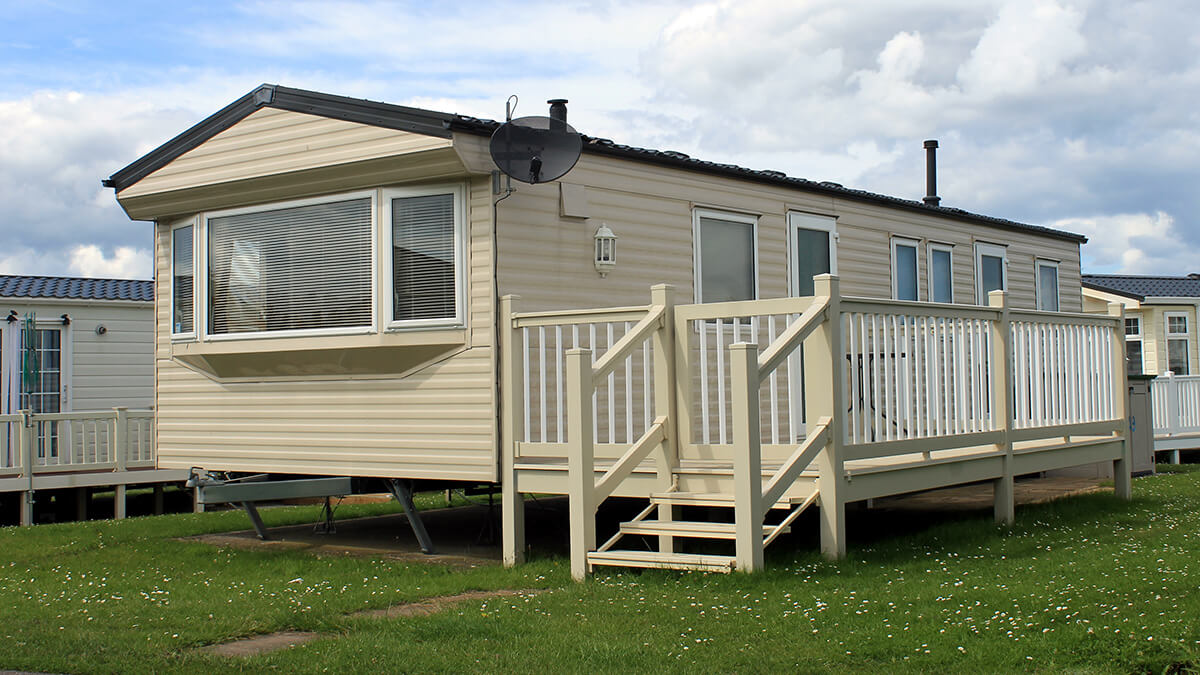Plan for those with special needs

Be prepared ahead of time. Make arrangements with friends, relatives, neighbors or your local emergency management office if you'll need assistance in an evacuation.
People with disabilities
Remember to take medications, written instructions regarding your care, special equipment and bedding with you. If you have a guide dog or leader dog, please refer to the section on planning for your pet in case of a disaster. Guide dogs, of course, are permitted in shelters. If you think you will need assistance in an evacuation, register now with your local emergency management office.
If you require respirators or other electric-dependent medical equipment, you should make prior arrangements with your physician. If you require oxygen, check with your supplier about emergency plans.
Older adults
Elders can be especially susceptible to the dangers of severe weather and emergencies. If you're an older adult, planning ahead of time can be your best defense against disasters. If you live alone, you must take special precautions in the event of a disaster. If you have to evacuate and don't have transportation, make arrangements with friends, neighbors or your local emergency management office.
If you are a home health care patient, notify the health agency where you will be during a disaster. Ask when care can be re-established. Contact your physician if you are homebound and under a doctor's care. Remember, excessive stress and anxiety can contribute to increased episodes of illness, particularly for people with heart disease.
Make prior medical arrangements if you require respirators or other electric-dependent medical equipment. Contact your physician about arrangements. If you require oxygen, check with your supplier about emergency plans.
If you have to evacuate, remember to take identification, medications, written instructions regarding your care, special equipment and bedding. If you will need assistance during an evacuation, register now with your local emergency management office.




